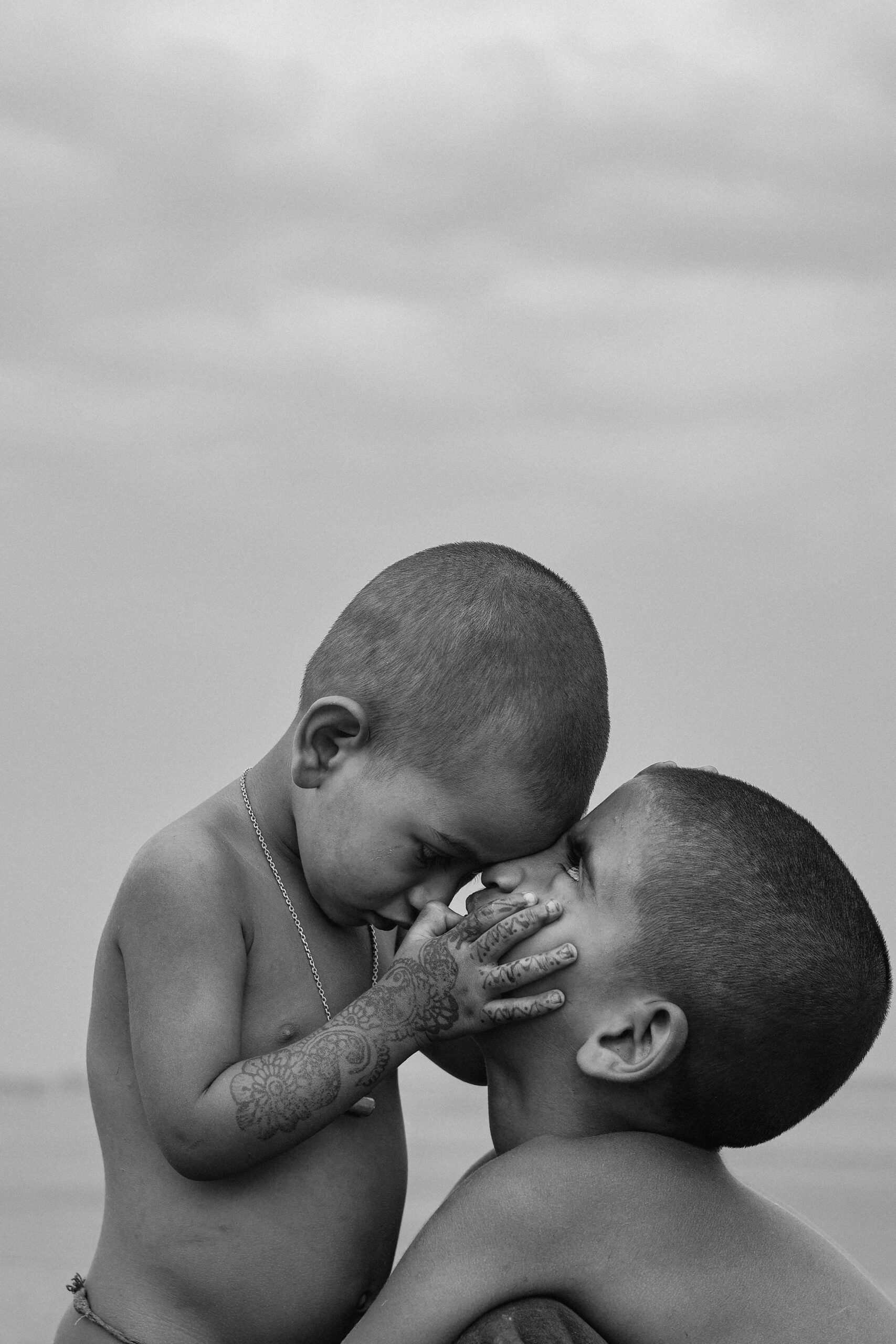Introduction
Bangladesh faces a significant challenge in ensuring educational access for orphans and vulnerable children (OVC). With an estimated 4.5 million orphans in the country as of recent assessments, the educational crisis among this vulnerable population demands urgent attention. Save Earth Society Orphan Education Scheme represents a critical intervention aimed at addressing the multifaceted barriers that prevent OVC from achieving their educational potential and, consequently, their human development.

The Orphan Crisis in Bangladesh: A Statistical Overview
Bangladesh is home to approximately 4.8 million orphans, representing about 8% of the country's total child population of over 60 million. This substantial orphan population faces numerous challenges, particularly in accessing quality education. More than 3.4 million children find themselves in street situations without parental care [Children living in Street Situations in Bangladesh 2024 | UNICEF Bangladesh,] highlighting the severity of the crisis.
The educational challenges are compounded by alarming dropout rates. In 2024, the primary school dropout rate increased to 16.25% overall, with boys dropping out at 19.02% and girls at 13.36% [Primary School Dropout Rate Bangladesh | Primary schools: Dropouts up after 14 years of decline | Boys Dropout Higher than Girls in Primary Schools Bangladesh | The Daily Star.]
At the secondary level, the dropout rate stood at 32.85% in 2023, with girls experiencing a 34.87% dropout rate [Secondary school students in Bangladesh | Secondary Schools: Number of students drops for third year in a row | The Daily Star.] These statistics underscore the urgent need for targeted interventions like the Save Earth Society Orphan Education Scheme.
The Psychosocial Impact on Learning
Research demonstrates that orphanhood significantly affects cognitive development and academic performance. Double orphans living in child-headed households experience profound psychological challenges including loneliness, inferiority complexes, anxiety, low self-esteem, and concentration difficulties (Nyamukapa & Gregson, 2005). These psychological barriers directly impede the assimilation and accommodation of learning materials, making educational success particularly challenging.

The situation is exacerbated by poverty and overwhelming household responsibilities. Older orphans often contemplate dropping out to work and support younger siblings, perpetuating cycles of poverty and limited opportunity. Studies indicate that poor economic conditions, lack of parental support, inadequate school facilities, and broken families are primary drivers of school abandonment among vulnerable children (Rahman & Islam, 2019).
Policy Interventions: Strengths and Gaps
The Bangladeshi government has implemented several initiatives, including the Basic Education Assistance Module (BEAM) and the OVC Bursary Scheme Policy 2000. However, research reveals significant implementation gaps. Not all eligible OVC receive consistent support throughout their schooling, and many experience discontinuation of aid before completing secondary education.
Critical needs include food security, hygiene items, and emotional support. The absence of breakfast, lunch, and supper directly affects school participation, while lack of soap, toothpaste, and toiletries undermines self-esteem and attendance. These basic deprivations create insurmountable barriers to educational engagement.
The Save Earth Society Approach
The Save Earth Society Orphan Education Scheme addresses these multidimensional challenges through a holistic framework inspired by Ubuntu philosophy and social-constructivist principles. The scheme recognizes that successful child development requires collaboration among government, NGOs, communities, parents, guardians, and the children themselves.

Key components should include:
Financial Support: Comprehensive bursaries covering tuition, uniforms, books, and supplies Nutritional Programs: Provision of daily meals to ensure food security Psychosocial Services: Counseling and emotional support to address trauma and build resilience Monitoring Mechanisms: Regular follow-up to ensure continuous support through graduation Community Engagement: Involvement of guardians and community members in supporting OVC education
Evidence-Based Recommendations
Research from East Africa demonstrates that block grant support enables OVC to perform as well as or better than non-OVC counterparts, with lower absenteeism and higher academic achievement (Cho et al., 2011). This model should inform Bangladesh's approach.
Specific recommendations include:
- Strengthen existing policies through comprehensive review and enhanced funding
- Establish residential and night schools to accommodate working orphans
- Implement learn-and-earn schemes allowing students to work while studying
- Develop home visitation programs to provide family-level support
- Create sustainable monitoring systems tracking OVC from enrollment through graduation
- Address gender-specific needs while recognizing that boys currently face higher dropout rates
Conclusion
Save Earth Society Orphan Education Scheme represents vital progress in addressing Bangladesh's orphan education crisis. With 4.8 million orphans and dropout rates exceeding 30% at secondary level, comprehensive interventions combining financial support, nutritional security, psychosocial services, and community engagement are essential. Education is not merely a relief program but a fundamental development strategy that protects children's dignity and unlocks their potential as future contributors to Bangladesh's human development.
References
Cho, H., Mbai, I., Luseno, W. K., Hobbs, M., Halpern, C., & Hallfors, D. D. (2011). School support as structural HIV prevention for adolescent orphans in western Kenya. Journal of Prevention & Intervention in the Community, 39(4), 300-310.
Nyamukapa, C., & Gregson, S. (2005). Extended family's and women's roles in safeguarding orphans' education in AIDS-afflicted rural Zimbabwe. Social Science & Medicine, 60(10), 2155-2167.
Rahman, M. M., & Islam, M. S. (2019). Impact of school dropout on human development in Bangladesh. International Journal of Research and Innovation in Social Science, 3(11), 156-163.

